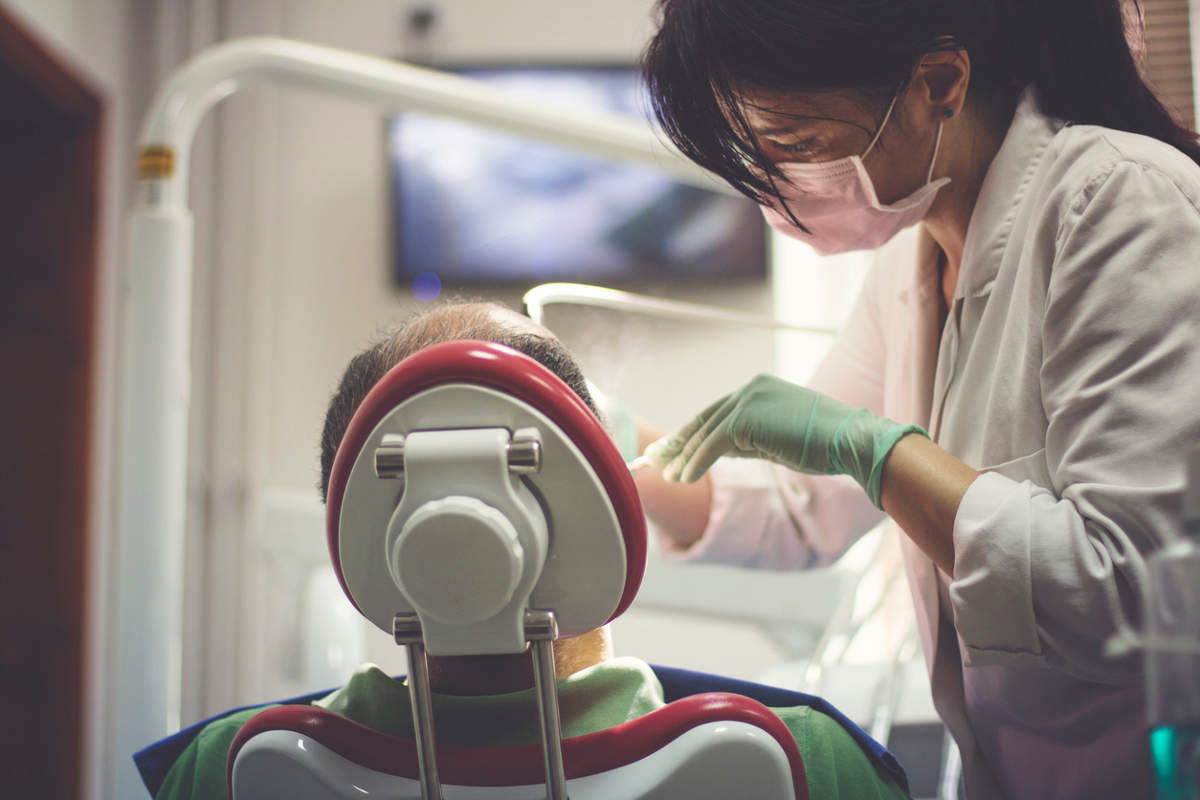Don’t let your employer downplay a dental work injury or let them deny you your rightful workers compensation benefits.

There are a wide variety of workplace injuries and illnesses. While the term ‘workplace injuries’ usually brings up images of broken bones, cuts, burns and bruises, not many give dental injuries much thought. However, any injury to the jaw, mouth, or teeth requires immediate medical attention. St. Louis worker injury lawyer explains that like all other work injuries, dental injuries too are covered by workers compensation.
Types of Dental Injuries
Dental injuries and the need for medical treatment and hospitalization depend on the extent of injuries sustained. Moreover, considering the fact that many hospitals are not fully equipped to treat dental injuries, an injured worker should ask the hospital to document the injury and the dental condition. The following are the varied types of dental injuries at work that require medical attention:
- Chipped or broken teeth – An injury to the mouth or teeth can result in a chipped or broken tooth. It can either be a small chip or a tooth broken midway or at the gum line. Small chips in the teeth can also result in pain and sensitivity. Moreover they can expose the tooth to decay in the long run and make it look unappealing. Small chips are often fixed with tooth fillings, a veneer or crowns. If a tooth is broken, or the chip is large enough to expose the nerve, dentists will recommend root canals.
- Loose teeth – A workplace injury could also cause a tooth to become loose. Loose teeth indicate a broken tooth root and can prove to be painful. Depending on the looseness of the teeth – slightly loose, to loose enough to shift from its location, a doctor will either prescribe a root canal or a removal if the root is broken. In some cases, the loose tooth is bonded temporarily to the tooth next to it, to strengthen it and keep in place while it heals. For multiple loose teeth, braces may be recommended. Loose teeth make it difficult to eat and chew and can cause a lot of pain. Therefore dental injury victims should seek medical attention as soon as possible.
- Knocked out teeth – Dental injuries can lead to knocked out teeth where the whole part – tooth and root – get knocked out. In such cases, injury victims should pick up the tooth without touching the root side of the tooth and place it in cold milk. Next they should visit a dental surgeon immediately. Time is of essence if the natural tooth has to be saved.
- Temporomandibular Joint (TMJ) Syndrome – In some dental injuries, the jaw also sustains injuries along with dental injuries. Difficulty in opening the mouth and pain in the jaw are indications of either a fractured jaw or a Temporomandibular Joint syndrome. If a fracture gets ruled out then the injury has led to a TMJ syndrome. TMJ syndrome is characterized by localized pain and inability to move the jaw and mouth. It can be caused due to a dental injury, misalignment of teeth or grinding teeth. TMJ syndrome is treated with anti-inflammatory medication. However, some cases require dentists to make an occlusal guard appliance, refer physical therapy and specialized massage.
While getting teeth knocked out or broken at work doesn’t happen every day, it is important to know that a dental injury at work should be covered under workers’ compensation. In fact, any injury suffered at work should be reported and the injured employee should seek immediate medical attention.
Compensation for Dental Injury at Work
If you have suffered a dental injury at work and are having difficulty getting the workers compensation benefits you and your family need, contact the Law Office of James M. Hoffmann. Many employers will downplay a dental injury or allege that dental injuries aren’t covered by work comp. However, if you have been injured at work and have medical costs associated with your injury, you need to know your rights.
Don’t let your employer or the workers compensation insurance company deny you your rightful benefits. Call our St. Louis work injury lawyers today at (314) 361-4300 or fill out our online contact form.
